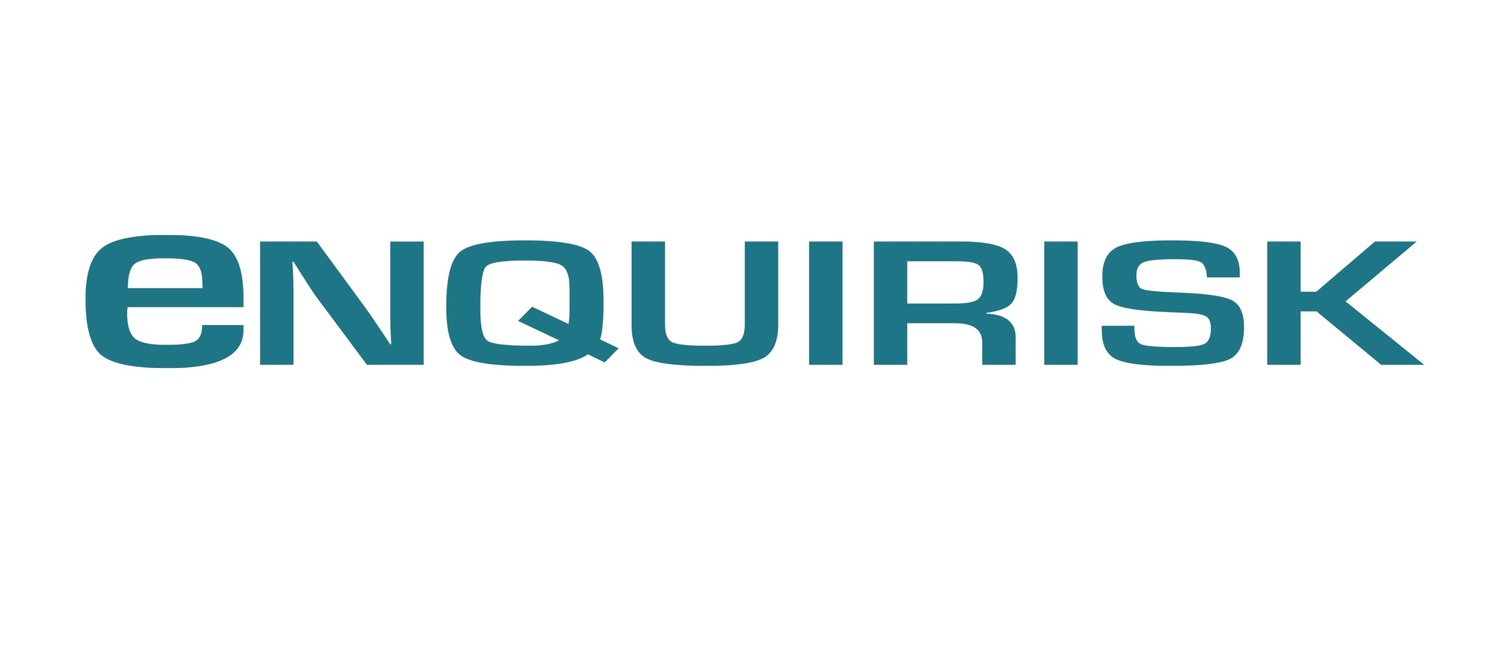Kazakhstan: Challenges Ahead
On January 2, peaceful protests occurred in oil-rich Western Kazakhstan against the withdrawal of price subsidies for liquefied petroleum gas (LPG). LPG is widely used to fuel vehicles. Protesters soon voiced pro-democracy demands too, and protests spread across the country. In addition to peaceful protests, from January 4, Almaty and other cities also saw large-scale violence by sizeable armed groups, who took over official buildings and Almaty’s airport. After having initially encountered weak resistance, the insurrection was neutralized by January 8. To date, about 8,000 people have been detained in connection with the disorders.
The initial, peaceful protests reflected a pattern of socio-economic and civil rights grievances that has a long history in the country. By contrast, the violent insurrection in Almaty and other cities marks a watershed development: top state security officials linked to the clan of Former President Nursultan Nazarbayev allegedly instigated or supported the violence, in a covert effort to destabilize the country and oust President Kassym-Jomart Tokayev.
Those powerful figures likely sought to cement their position as Nazarbayev’s 30-year reign is drawing to a close. Indeed, having retained ultimate political control after his 2019 resignation from the presidency, Nazarbayev (81) appeared to be in frail health during his recent visit to Russia on December 28.
Given the alleged plot, Tokayev could not rely on his country’s law enforcement organs to quell the insurrection. Arguably, this is why on January 5 he requested military support from the Collective Security Treaty Organization (CSTO), a Russia-led security organization. The arrival of Russian troops significantly shored up Tokayev's position, signaling that he had good chances to remain in power.
A claim by the Kazakhstani authorities that Islamist foreign fighters were involved in the disorders enabled CSTO intervention. Although it is plausible that Islamist extremists, as well as organized criminals, played a role, the claim was not independently verified yet. In any case, it appears unlikely that this insurrection could have been planned and executed without the involvement of high-ranking state security officials.
Having restored order, Tokayev is now unlikely to attempt a frontal attack on the powerful political-economic clan allegedly linked to the disorders. He will likely try to facilitate a new, informal power-sharing agreement among the main political-economic groupings. However, any attempt to redraw the delicate balance of power among competing clans will remain extremely difficult and fraught with instability risks.
Key questions we are helping our clients assess include:
What is the impact of these developments on the standing of key players within the dominant political-economic clan? This grouping revolves around the extended family of Former President Nazarbayev. Its leading members oversee or directly control the most lucrative sectors of the economy.
What are the implications for the balance of power among the three main political-economic clans in the country (on Kazakhstan's clan system, see below)? In particular, the Nazarbayevs so far have played a mediating role between their clan, traditionally holding the highest political positions, and the clan that has traditionally overseen the oil and gas sector in the West of the country.
Who will likely be appointed to lead the reformed security organs? Will the business environment be destabilized by a series of targeted, anti-corruption and law enforcement investigations? Will we see a major redistribution of assets and spheres of economic interest? What is the risk that foreign investors will get caught in the crossfire? What are the implications for Russian and Chinese economic interests in Kazakhstan?
What are the longer-term, strategic implications of these developments for key industries, such as oil and gas extraction, petrochemicals, metals mining (including uranium), telecom and banking?
Background
A plot to replace President Tokayev
Several considerations support the (unproven) hypothesis of a coup d’etat involving high-ranking security officials.
Tokayev himself initially spoke of a “conspiracy” and on January 10 he again attributed the insurrection to an “attempted coup”. This would seem to explain why Tokayev dismissed several high-ranking state security officials since the start of the disorders. Most notably, on January 8, the head of the state intelligence and security services (NKB), Karim Massimov, was arrested on treason charges. Tokayev had already fired him on January 5, when the President had also taken over the position of head of the Security Council, until then held by Nazarbayev.
In fact, Massimov could be seen as a scapegoat - his arrest sending a powerful signal to his alleged co-conspirators, without directly targeting the most powerful exponents of the political- economic clan. KNB Colonel Azamat Ibraev, a close ally of Massimov, was found dead on January 10, apparently having jumped from his high-rise apartment window in the capital city Nur- Sultan.
Local authorities in the southern region of Zhambyl reported on January 10 that regional police chief General Zhanat Suleimenov was also found dead, in an apparent suicide that followed an unspecified probe.
Reportedly, the armed insurrection initially faced very little opposition from law enforcement or security units, enabling relatively small numbers of rebels to occupy official buildings, particularly in Almaty, and to take control of Almaty airport. Tokayev’s initial claim that armed bandits numbered over 20,000 in Almaty was probably overblown, they probably numbered in the few thousands at most. However, they appeared to be well-trained and well-organized, set out to implement a coherent plan.
Kazakhstan’s clan system
Since its independence, Kazakhstan’s authoritarian political system has been dominated by Nursultan Nazarbayev, who was President until he resigned in 2019 and anointed Tokayev as his nominal successor. Even after 2019, Nazarbayev maintained several top political positions and vast informal power. President Tokayev effectively remained subordinated to him. Nazarbayev’s extended family has come to control the most lucrative sectors and business assets of the national economy.
In 2016, Nazarbayev chose Massimov for the powerful role of head of the national intelligence and state security services (NKB). Massimov was seen as a neutral security chief, who would strive to promote harmony between the main business-political clans and would oversee a peaceful transfer of power in preparation for Nazarbayev's eventual exit from the scene. Massimov could fulfill that impartial role because he is not part of any traditional clan.
Kazakhstan has three main political-economic clans, locally known as "zhuzs" (hordes). Membership in the zhuzs shapes allegiances and opportunities in the country. The zhuzs reflect tribal and regional roots. They survived the Soviet period and continue to influence how economic resources are distributed, working as strong patronage networks. Nazarbayev is the leader of the so-called “senior zhuz”, which is based in the south of the country and has traditionally provided Kazakhstan’s political leadership. The other two are the so-called “middle zhuz” and “junior zhuz”, the latter being traditionally associated with the oil sector and the oil-rich western region of Kazakhstan.

